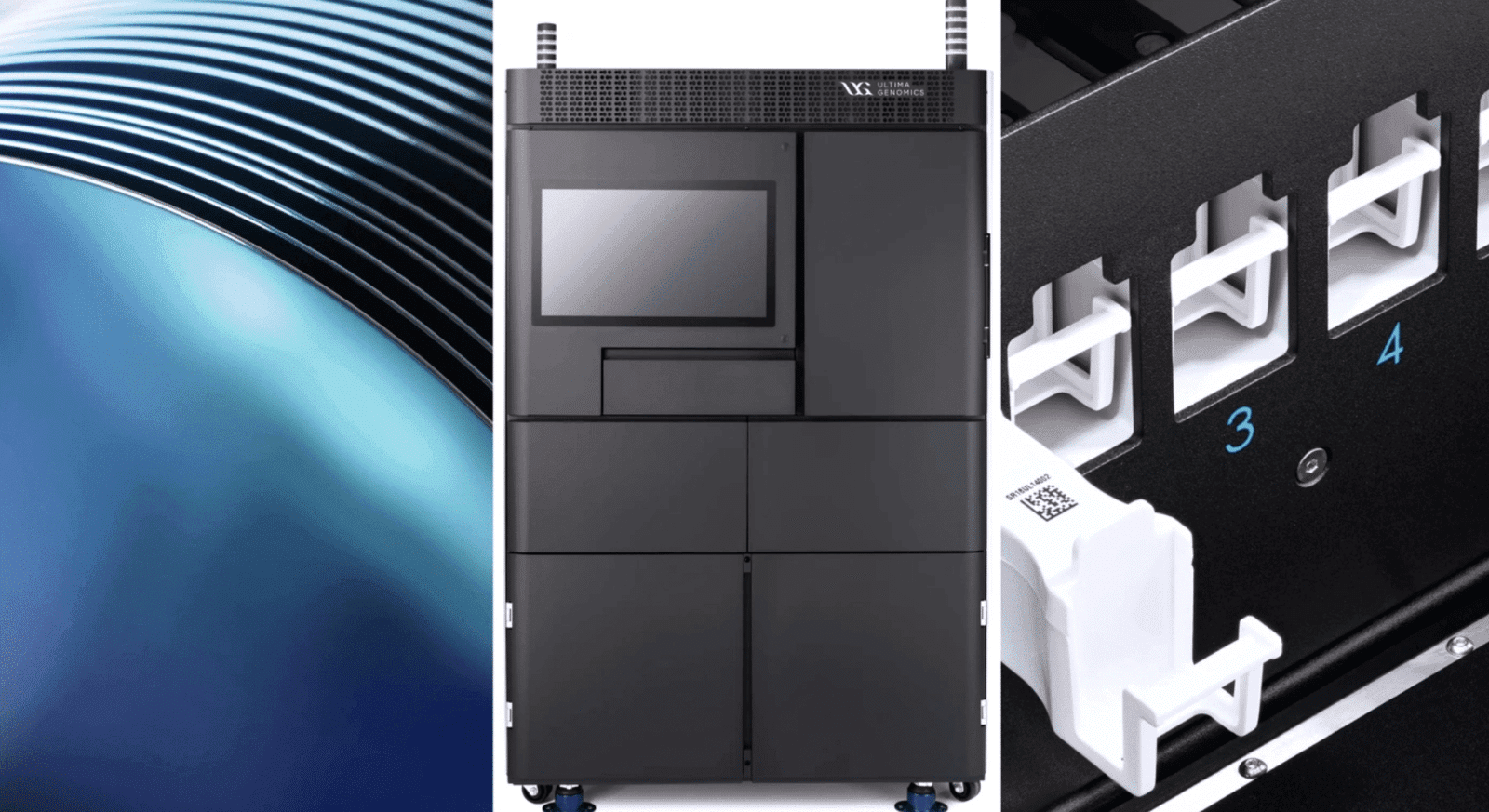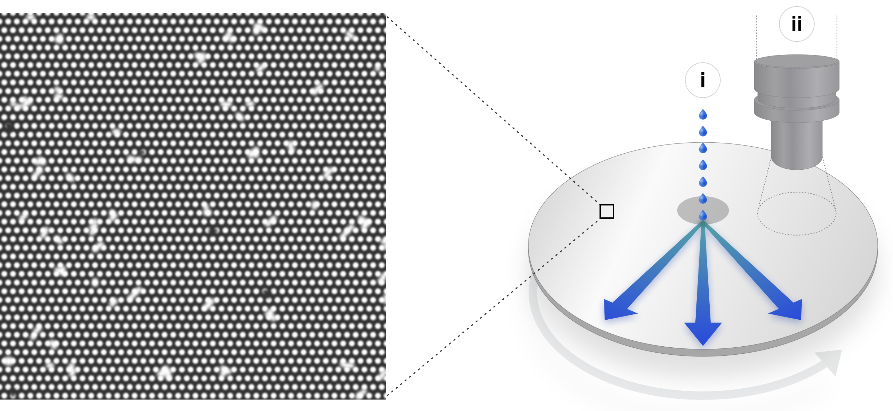MIT Stealth Startup Achieves Full Genome Sequencing Under $100

Genomics sequencing has managed to outperform computing as measured by Moore’s law, thanks to Ultimate Genomics, a startup founded by the founders at Broad Institute of MIT. The company is promising sub $100 genome editing with innovative new tech that reduces & replaces use of expensive reagents.
The notion that computers double in processing capability per dollar spent every 18-24 months while has faltered in the case of silicon chips, genomic sequencing is keeping up to speed with cost reduction and the time it takes to sequence an entire genome. What can only be termed as the third generation sequencing technology, the tech has the potential to lead everyone person’s genetic sequence be sequenced.
The team led by Gilad Almogy has added a 3-dimensional spin (literally) on the conventional sequencing by synthesis approach adopted by most second generation sequencing machines. Instead of using conventional flow-cells that need to be cleaned with expensive reagents, the new technique uses silicon wafers, similar to the ones used in our processors, and spins them at a high speed to distribute reagents. The reusable 200mm silicon wafer is patterned with a micromachinery of dense array of electrostatic landing pads to bind PCR produced clonally amplified sequencing beads. Imagine multiple such silicon wafers stacked on top of each other like tightly packed CDs and all reagents and samples fed through the central pipe. The centrifugal force takes care of flushing out the non-binded samples while also lowering dead-volume and enabling more efficient reagent delivery.
Calling it mostly natural sequencing-by-synthesis (mnSBS), majority of the costs savings come from the use of mostly natural nucleotide mixture instead of the expensive use of fluorescent labelled nucleotides in the conventional SDS.

The first iteration already managing to achieve complete human genome sequencing in under 20 hour with less than $100 of consumables utilised. The researchers claim there is huge headroom for increasing the pattern count and increasing the speed of reagent delivery. This keeps hopes alive for a sub $10 genome data in the very near future. The new advancements from Ultimate Genomics will put pressure on genomic storage, which has yet to catch up as well.
The paper is still in preprint stage and the equipment yet to be available for sale. No estimated time of arrival were provided by the team behind the teach. The announcement comes with the news about the startups gigantic $600 million funding round, which will speed up the time to market for the third generation sequencers.
Check out the full research paper here
